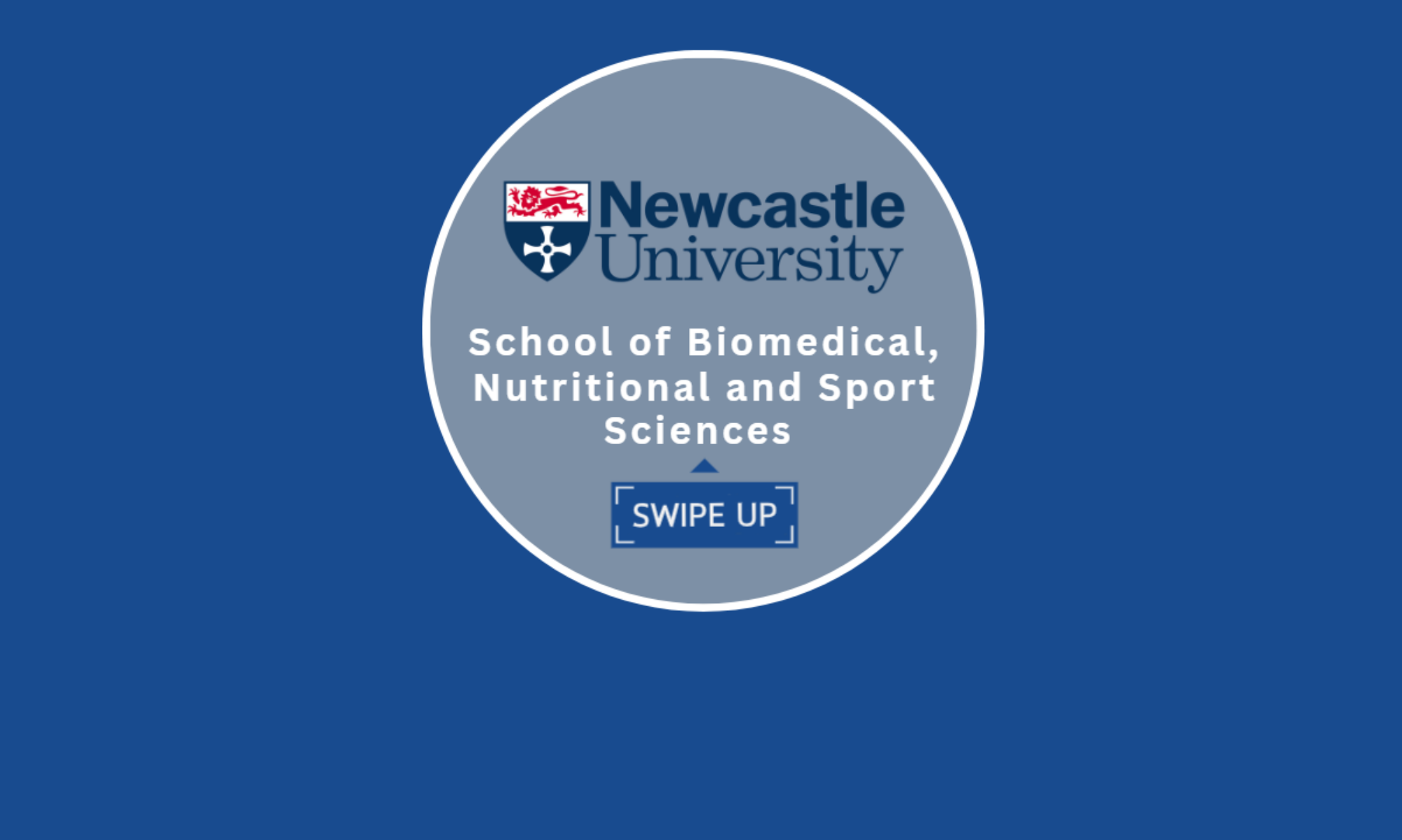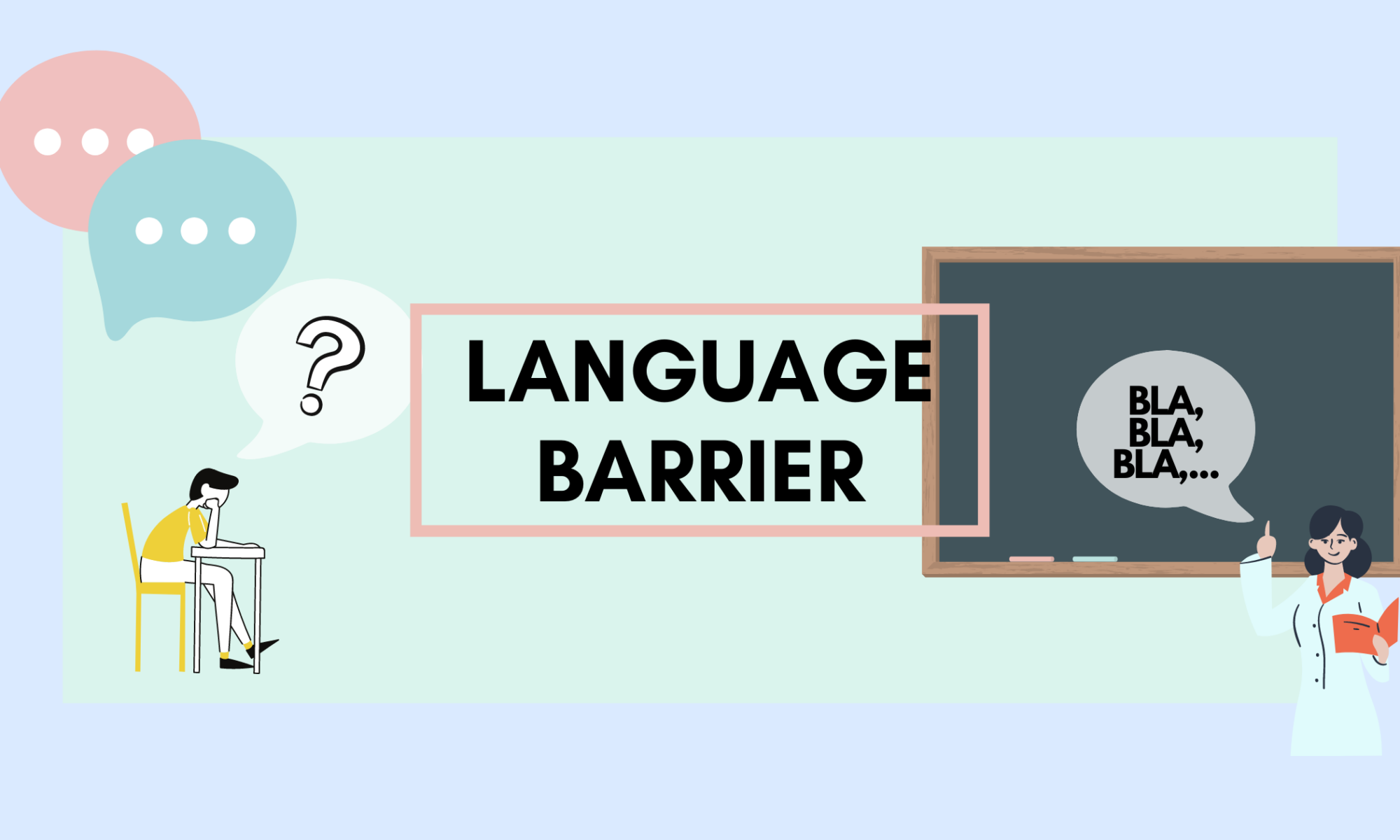By: Caroline Elaine
There are approximately 6500 languages in the world, each with its own distinct characteristics that distinguish it apart from the others. Most international students at Newcastle University come from all over the world, from Asia, Europe, and so on. They grew up speaking a language other than English and only began learning English in school. Some people will become really fluent at it, while others will not. Therefore, the language barrier is one of the reasons why studying in a foreign country can be difficult.

Map of the world by Marina Leonova on Pexels
International students who came to Newcastle would often have a difficult few months because they have to adjust to a new environment where people speak a different language than their home country. Furthermore, Newcastle residents, known as Geordies, have their own accents, which some people find difficult to understand.
Believe me, when I first moved here, I struggled a lot with adjusting to a new environment and understanding what people were saying because I was not used to hearing a different language other than my own mother tongue and I rarely spoke English in my country.
If you have the same experience as me. Here are some of my suggestions for improving your English skills and tackling the language barrier.
1. Practicing
One of the most important things you need to do in order to improve your English is obviously by practicing it. Some ways you can practice your English are having a conversation with your friends or anyone, for example, ordering food in a restaurant or a cup of coffee in a coffee shop. Don’t be afraid to make mistakes with your vocabulary or grammar because you’ll learn from them and remember them later.
I can’t even remember how many grammar mistakes I had made.

You can also spend more time with your friends to have more opportunities to practice your speaking, or you can join one of the university’s societies. There are numerous societies from which to choose based on your preferences, and by doing so, you will meet different people and have the opportunity to converse with them.
I also meet a lot of new friends from these societies, so give it a go!
All of Newcastle University’s society lists can be found here. https://www.nusu.co.uk/getinvolved/societies/
2. Speak Slowly and Clearly.
Take your time thinking about what you want to say and how you will say it. For example, when ordering food, consider what you wish to order from the menu as well as any special requirements you may have. Then give the staff your order, speaking slowly and clearly so that the worker understands what you want. However, if they still don’t understand what you’re saying, you can simply point to the menu to make things simpler.
Of course, not all international students are like this, but some speak very quickly and it’s difficult to understand what they’re saying. I can only hear that they are mumbling words, not sentences.

Don’t be embarrassed if you don’t recognize some words you’ve never heard before. Nowadays, there are many online dictionaries that you can access from your phone, and if you don’t want to use a dictionary, it is totally alright to simply ask someone about the meaning of those words.
If I hear or see words that I don’t know what they mean, I usually start by asking my friends, and if they don’t know, here comes my saviour phone.

3. Join an English Class
Newcastle University provides an English course which is called In-Sessional English which is run by the In-Sessional team. This is addressed for students who do not have English as their first language. The purpose of this team is to assist you in achieving your full potential in your course even though that English is not your first language.
If you did your foundation degree here at INTO, you should have received emails from them previously, so make sure to check your inbox!
More information is available on the school’s website; simply type “In-Sessional English” into the search engine and it should appear near the top of the results. Or click here. If you have any queries, please contact insessional@newcastle.ac.uk.

As you are coming to the United Kingdom to study here, I believe you should have at least basic or decent Language skills. Those suggestions, however, should be able to assist you in improving your English proficiency.
There is always room for improvement no matter how long you have studied or used English, it can broaden your vocabulary, understanding idioms, poems, jokes, and a variety of other topics. Have fun as a university student and learn something new every day.
International students who don’t have English as their first language, share your experience in the comment section below!
Don’t forget to check out our university website for international students here!

